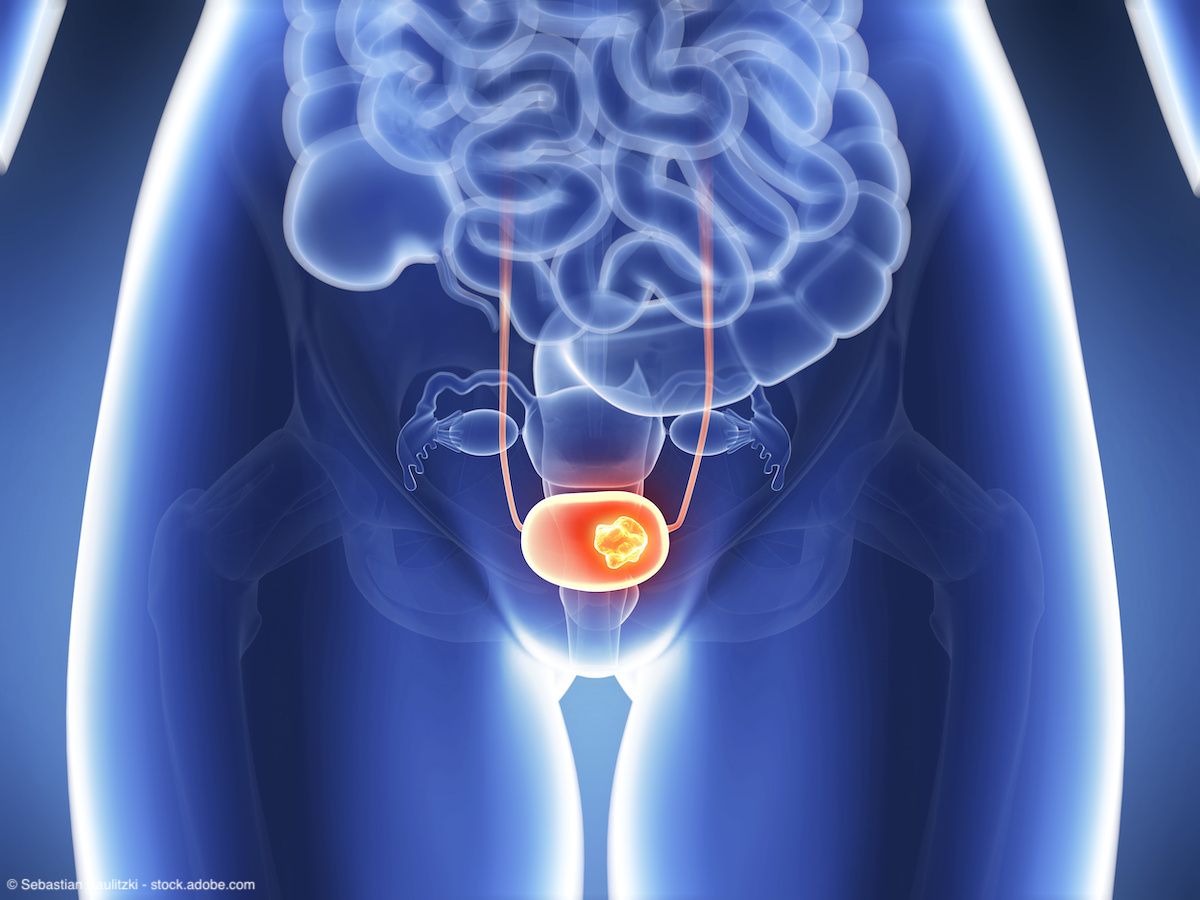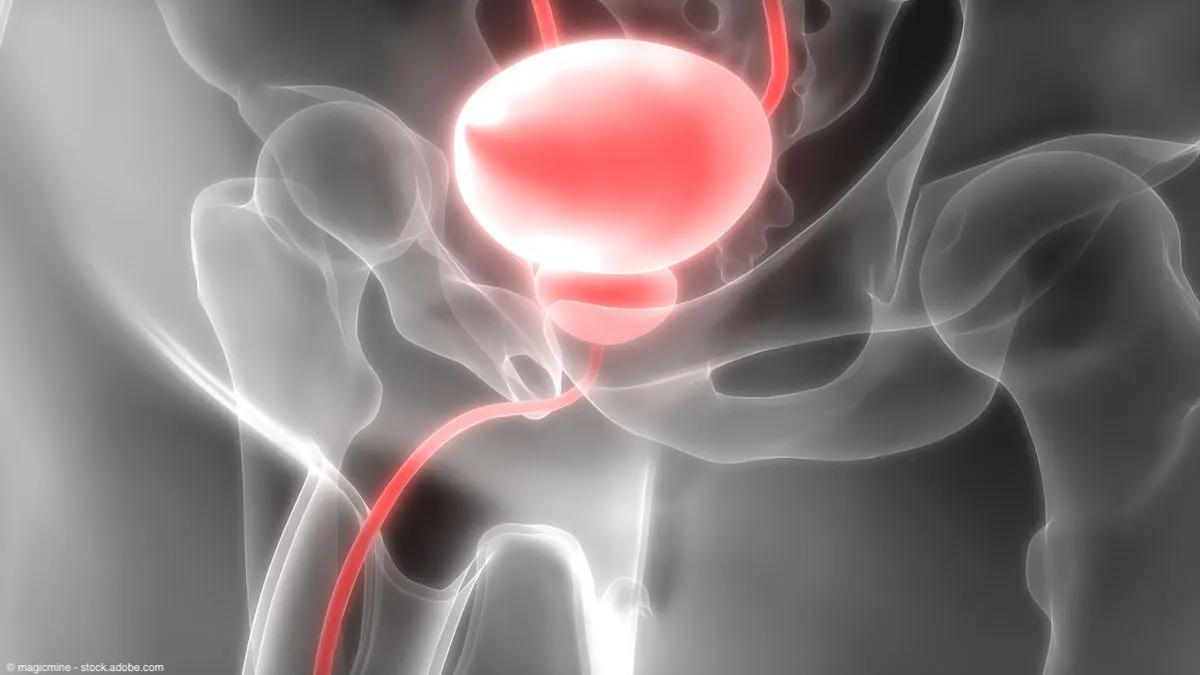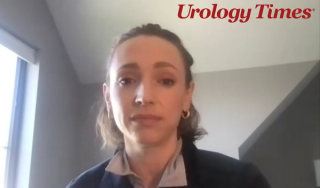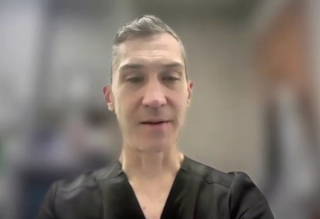
Bladder Cancer
Latest News
Latest Videos

CME Content
More News

"Now with the new translational data indicating that post-treatment close contact precautions are unnecessary, I am confident that cretostimogene will represent a breakthrough in bladder cancer treatment, if approved by the FDA," says Trinity J. Bivalacqua, MD, PhD.
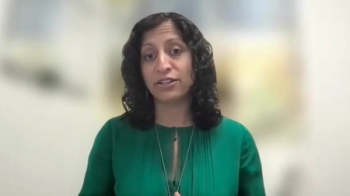
"There is evidence for a direct link between the exposures you get by doing your job as a firefighter and then developing cancer down the road," says Sima P. Porten, MD, MPH.
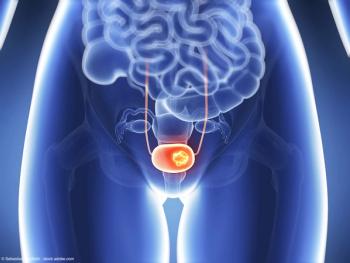
“The addition of the durvalumab did not make treatment more morbid than chemotherapy alone, and it didn't change or increase the surgical complications you saw in the ward," says James W.F. Catto, MBChB, PhD, FRCS.
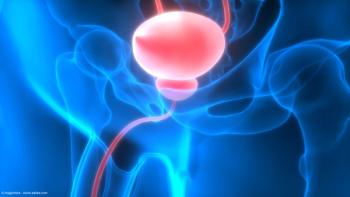
"The implication for real-world decision-making is that this drug appears to hold up to what was seen in the trial," says Mark D. Tyson II, MD, MPH.

"These data support current AUA/SUO guidelines recommending BLC usage in patients with NMIBC to increase detection and decrease recurrence," says Stephen B. Williams, MD, MBA, MS, FACS, FACHE.
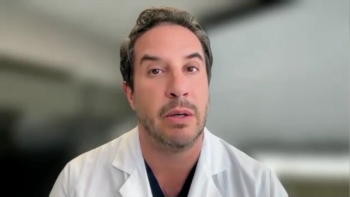
“[There’s] a lot going on in bladder cancer in the non–muscle invasive, muscle-invasive space, as well as in some of the biomarkers, which is exciting and will definitely have a huge impact on the management of your patients," says Jason M. Hafron, MD, CMO.
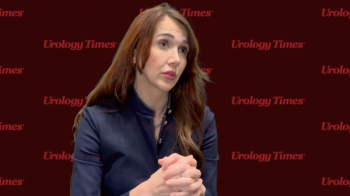
The trial is assessing the safety and tolerability of adaptive radiation therapy with concurrent sacituzumab govitecan in patients with MIBC.

"This certainly does feel like the beginning of the light at the end of the tunnel coming out of the BCG shortage," says Chad A. Reichard, MD.
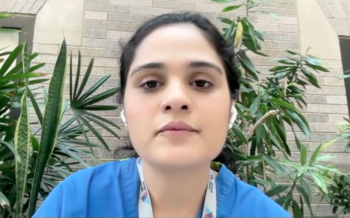
“Identification of significant predictors [of upstaging] has improved our pre-op counseling," says Neeraja Tillu, MD.

"Ultimately, there is no 'right choice' when it comes to urinary diversion," writes Anne K. Schuckman, MD.

There are also 60 sites in the process of launching the EAP.

"At 3 months, those patients had a 79% complete response rate, which was durable in 74% at 6 months and 60% at 9 months," says Jacob A. Moyer, BS.
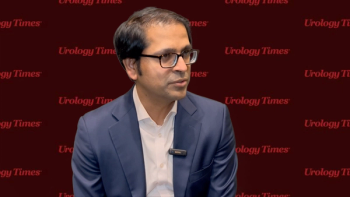
"The preliminary results of that study, which is a phase 1/2 dose escalation and dose expansion trial, were presented by Professor Ben Tran last year at the ENA meeting1 and showed a very favorable toxicity profile compared to erdafitinib," says Gopa Iyer, MD.
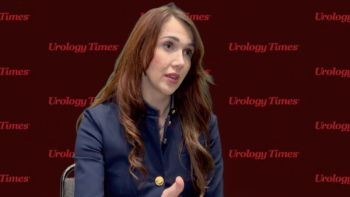
“[We’re working on] being able to apply the same mechanism and testing and thought that we put into this into stool to give people a precision signature of how they're going to respond or experience toxicity from EV based on their stool microbiome,” says Laura Bukavina, MD, MPH.

“What happens, mechanistically speaking, is that it stimulates the 2 arms of the immune system, both innate immunity as well as the adaptive immunity,” says Kate Chan, MD.

The pCR rate was 33% with APL-1202 plus tislelizumab compared with 26% with tislelizumab alone.

According to ImmunityBio, shipments of rBCG are set to begin immediately via the EAP.

Panelists discuss how it would be preferred that BCG monotherapy not remain the first-line treatment for intermediate-risk and high-risk disease within the next 10 years. It is encouraged that the future of first-line treatment be a noninfectious agent that would be easier to develop and include more data.

Panelists discuss how PD-L1 inhibitors such as durvalumab and sasanlimab represent a promising frontier in non–muscle-invasive bladder cancer (NMIBC) treatment. These immunotherapies work by unleashing the body’s immune response against cancer cells, potentially offering new options for patients whose disease doesn’t respond to conventional therapies such as BCG. Their ongoing phase 3 trials could establish immunotherapy as a valuable addition to the NMIBC treatment landscape.
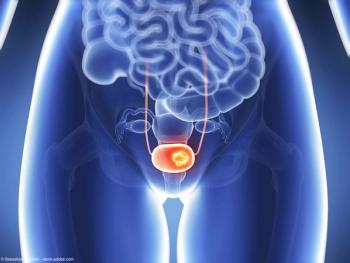
“Among active surveillance patients, 82% are metastases-free, and 60% were metastases-free and had an intact, unradiated bladder,” said Pooja Ghatalia, MD.

Anktiva is also currently under review for the CIS indication in the EU.
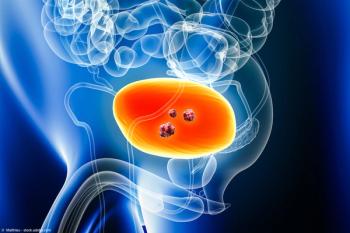
"The results [indicate] that neoadjuvant DV combined with toripalimab had promising efficacy and acceptable safety in patients with HER2-expressing MIBC,” said Xinan Sheng, MD.

The pCR was 37.3% (95% CI, 33.2-41.6) in the durvalumab arm and 27.5% (95% CI, 23.8-31.6) in the comparator arm.
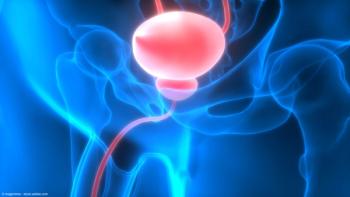
OS was found to be prolonged with avelumab plus BSC vs BSC alone regardless of diabetes mellitus status.
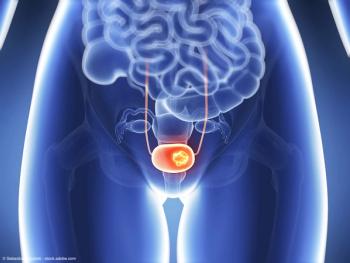
The investigators reported that there were 24 evaluable patients with CIS with/without papillary disease, of whom 79% had a CR at 3 months.


